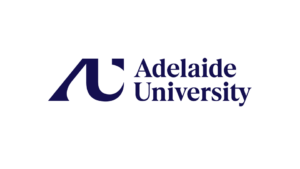Our Foundation Studies Programs provide you with a pathway to follow your dreams of studying business, IT, engineering, medicine, nursing and much more at university.
Students commencing at the College in 2026 will have guaranteed entry into the new Adelaide University upon successful completion of the the Foundation Studies Program.
Our Foundation Studies Program is specifically designed for overseas students if you:

Have completed the equivalent of Australian Year 11

Missed out on direct entry to Adelaide University

Want to study at Adelaide University



 Have completed the equivalent of Australian Year 11
Have completed the equivalent of Australian Year 11
